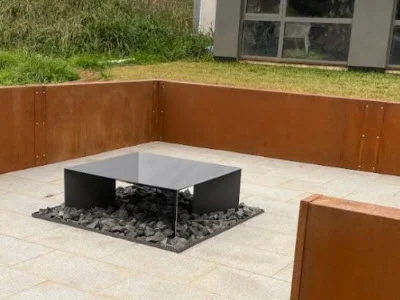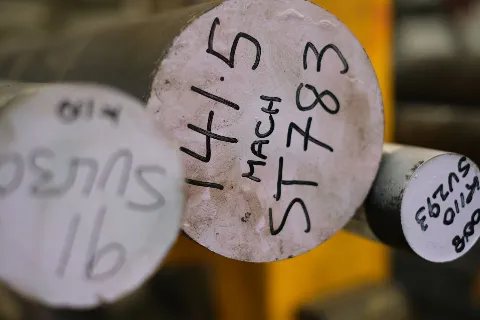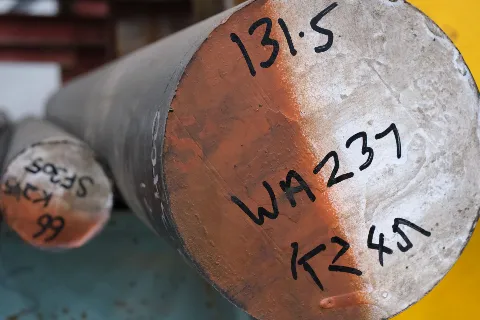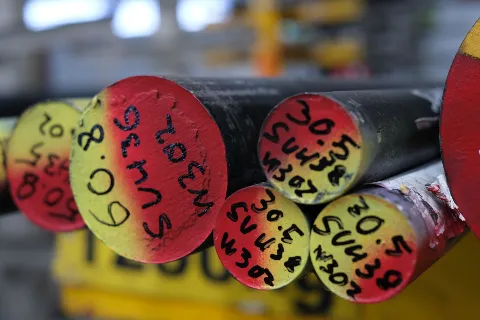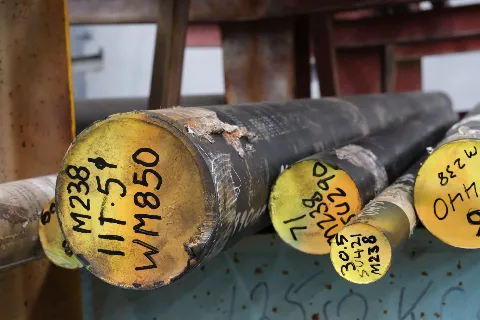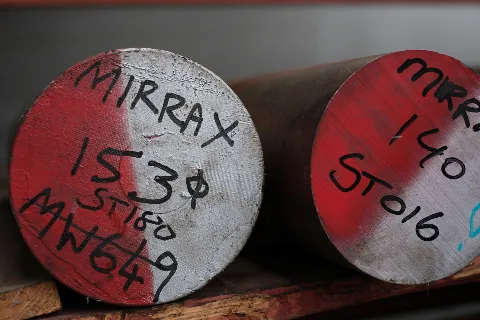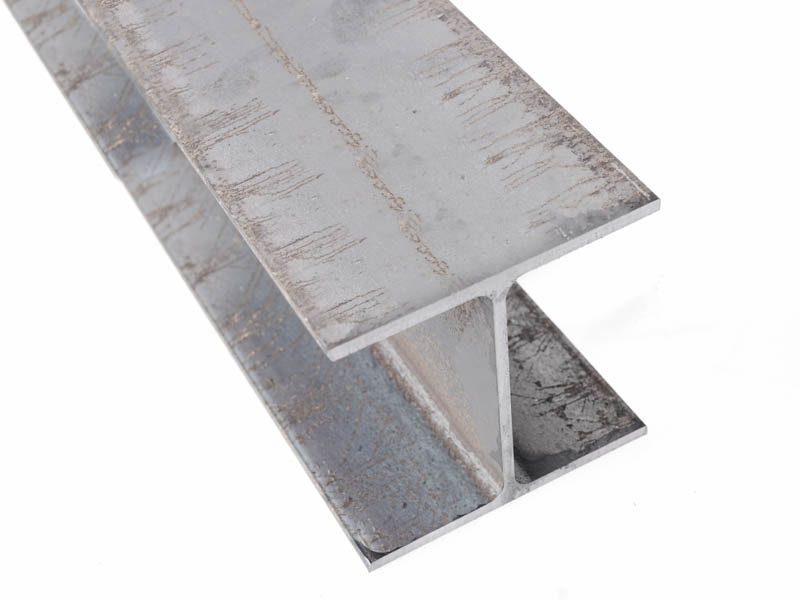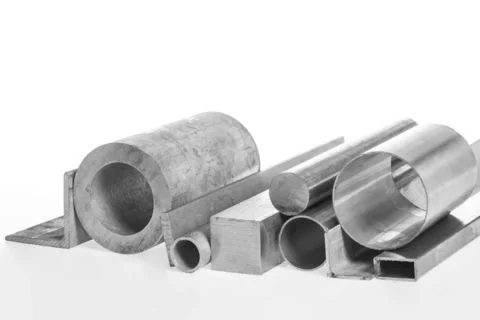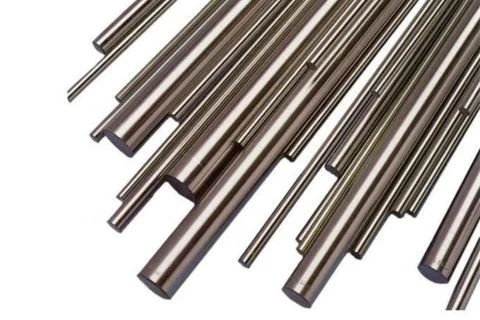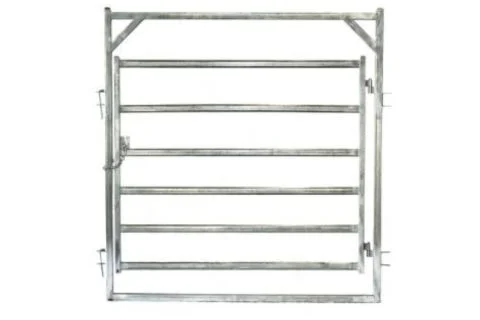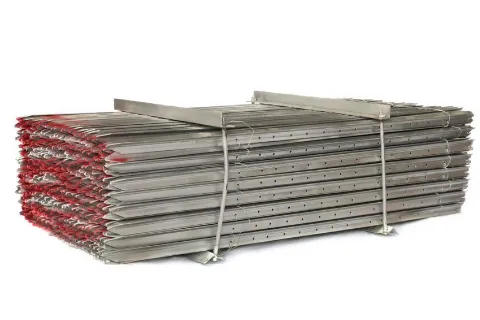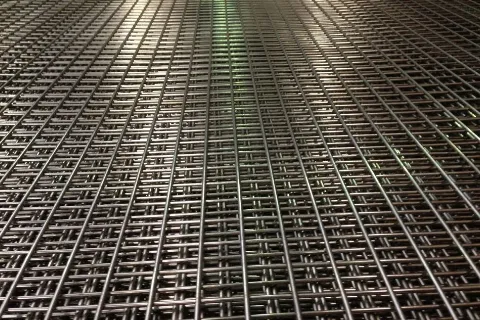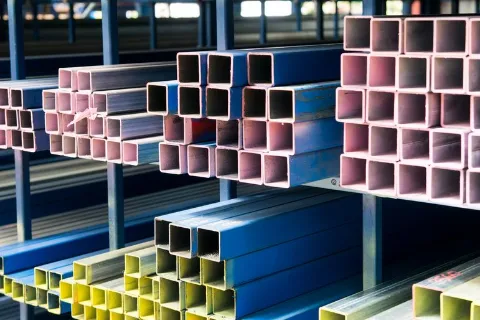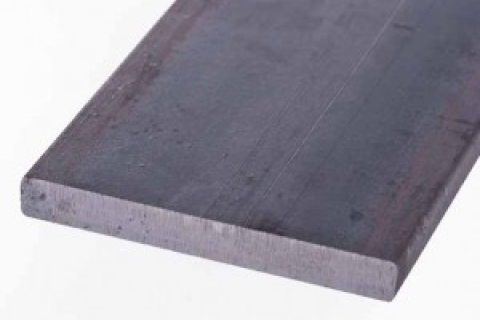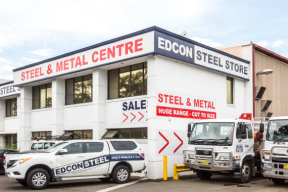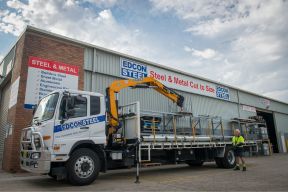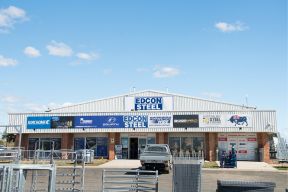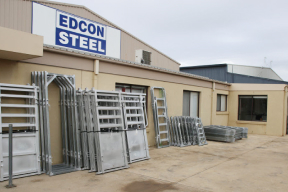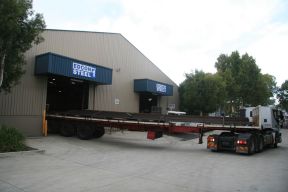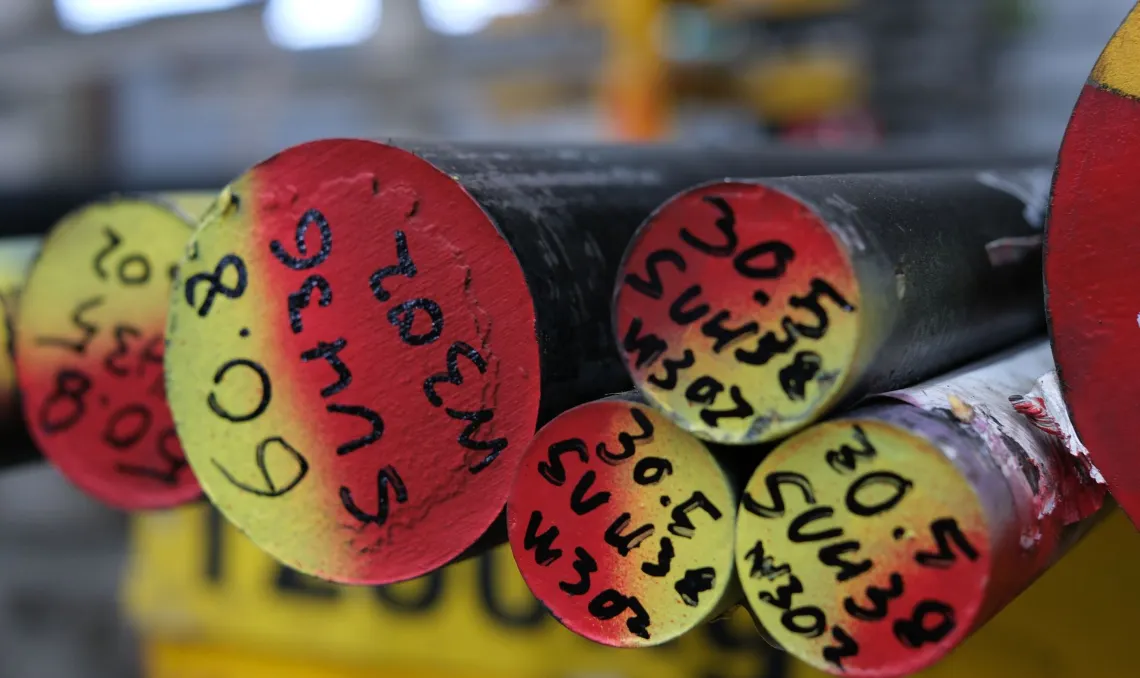
Engineering Steel Tool Steel
Custom-cut to order Delivery or Click & Collect
Search below for Engineering Steel Tool Steel only.
|
Show
entries
|
||||||||
| Image | Stock Code | Description | Grade | Shape | Dimensions | Standard Size | Metal | |
|---|---|---|---|---|---|---|---|---|
|
|
View Price | |||||||
|
Loading...
|
||||||||
|
No Results found.
|
||||||||
Our most popular steel and metal products
Need some inspiration? Check out our customer projects

St Dominic’s Yarning Circle
The innovative design concept of the Yarning Circle helped to transform an unused outdoor space into a central meeting hub for the school community at St Dominic’s College in Sydney.
Learn More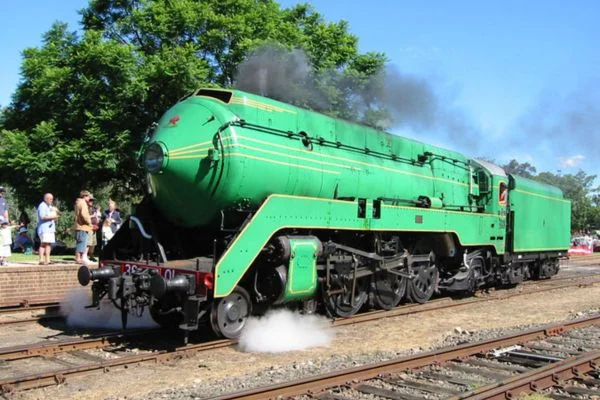
3801 steam train
From the workshop benches to the materials used on the train, Edcon was there to provide the quality steel and metal needed to restore the 3801 steam train.
Learn More
Don Wimer, American Ramp Company
The Wollongong landscape is transforming – and it’s a dream come true for skaters and scooters across the city.
Learn MoreLeading brands
Edcon toolbox
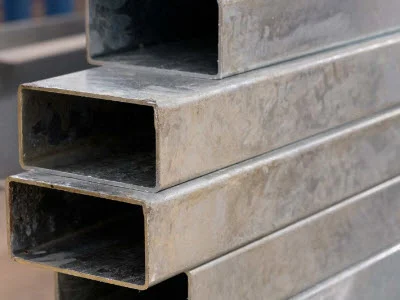
What is the difference between pre-gal and hot-dip galvanised steel?
Learn More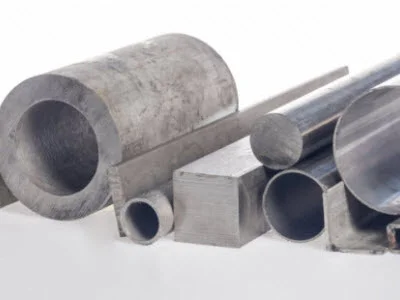
304 vs 316 stainless steel
Learn More